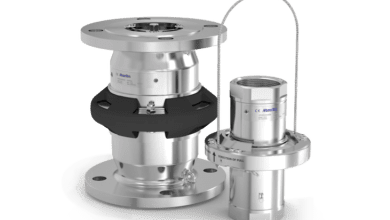Essential Tips for Selecting a CDM Partner

Effective data management is essential for the success of any clinical research study. Clinical Data Management (CDM) companies provide services that ensure data is collected, managed, and stored accurately, securely, and in compliance with regulatory standards. With many CDM providers to choose from, selecting the right partner can be challenging. This guide presents key tips to help you choose the best CDM company to meet your clinical research needs.
1. Prioritize Industry-Specific Expertise
A CDM company with experience in your therapeutic area brings valuable insights and anticipates potential challenges, streamlining the trial process. Industry expertise also contributes to higher data quality and more effective troubleshooting.
Tip: Ask about their past projects in your therapeutic area and request client references to gauge their expertise.
2. Assess Technology and Data Systems
Robust technology is essential for efficient data management. Look for a company that employs secure, modern systems such as electronic data capture (EDC) platforms and cloud-based solutions. These tools enable seamless data collection, real-time access, and enhanced data security.
Tip: Verify the security features of their systems and whether they offer integration options with other platforms you might use.
3. Check Regulatory Knowledge and Compliance
A reliable CDM partner should have a strong understanding of industry regulations, such as 21 CFR Part 11 and ICH GCP guidelines. Compliance with these standards is crucial for meeting regulatory requirements and protecting data integrity.
Tip: Inquire about their approach to compliance and ask for examples of successful audits or regulatory submissions.
4. Evaluate Data Quality Protocols
Quality assurance is fundamental to data management in clinical research. Choose a CDM company that applies strict validation checks, regular audits, and discrepancy management to ensure data accuracy.
Tip: Ask for a detailed explanation of their quality control methods and how they handle data discrepancies or errors.
5. Consider Communication and Support
Strong communication is essential for timely data management and issue resolution. Opt for a company that offers dedicated support staff or project managers and can provide consistent updates throughout your study.
Tip: Discuss response times for support requests and ask for feedback from previous clients regarding their communication and support services.
Conclusion:
Choosing the right clinical data management company involves evaluating their industry expertise, technology, compliance with regulations, quality assurance practices, and support structure. By following these tips, you can select a CDM partner that supports your trial’s success through accurate data management and regulatory compliance, enhancing the reliability of your clinical research outcomes.






